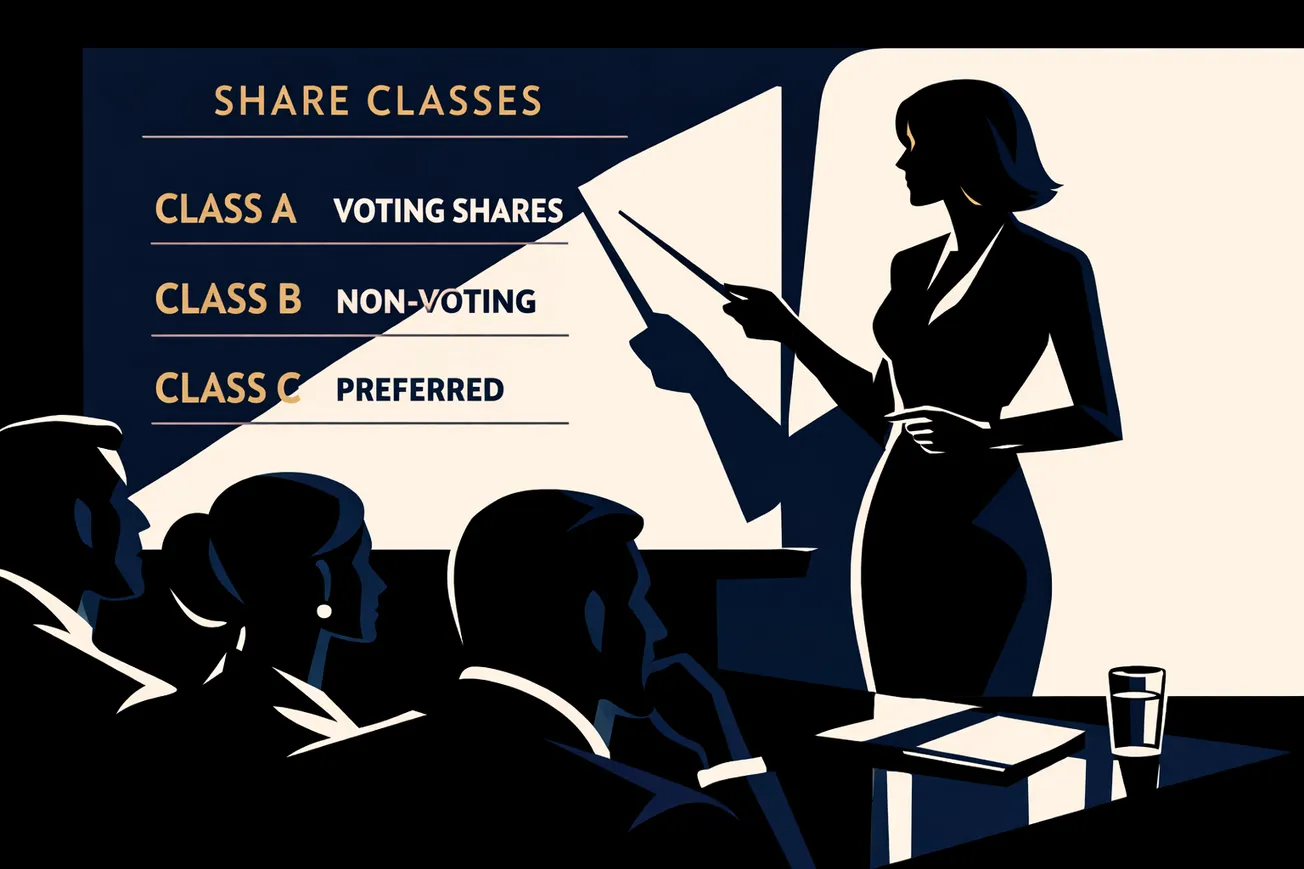Table of Contents
Imagine spending months or years making your idea into something tangible only for someone to come along, take the idea (and perhaps physical invention too), and commercialise it without allowing you to benefit.
IP helps avoid this by keeping your work yours. Whether it’s your logo, your app, your product design, or your secret formula, it’s all intellectual property (IP). Protecting it early keeps competitors, copycats, and even ex-partners from using what you’ve built.
Here’s what every founder should know.
Why IP Protection Matters for Founders
IP is, in many cases, the most valuable thing your startup can own. In many cases, it is what creates defensibility, keeping competitors out, and ensuring your business is a one of one.
Without clear protection, you risk:
- Losing ownership of your own brand or invention.
- Costly legal disputes with competitors or co-founders.
- Reduced valuation during fundraising or sale.
- Investor hesitation due to unclear ownership rights.
A well-structured IP strategy does the opposite. building confidence, adds tangible value to your business, and ensures the rewards of your work flow to you, not imitators.
1. Trademarks: Protect Your Brand Identity
Your brand name, logo, and slogan are often your first (and most visible) assets. A trademark ensures that no one else can profit from your reputation or confuse your customers. But it also works the other way - stepping on someone else's brand, can lead to serious trouble.
With trademarks, it is essential that you conduct a search before committing to and beginning to implement a brand.
We've seen tons of cases where an entrepreneur fails to do so, investing tens of thousands of dollars into product, website, marketing, only to find out someone else beat them to the punch.
A search ensures the brand identifier you wish to trademark or copyright is not already claimed and won’t leave open infringement accusations down the road.
Key Things to Know About Trademarks
- Register with the U.S. Patent and Trademark Office (USPTO).
- Use ™ for unregistered marks and ® once your registration is approved (do not use ® unless you are registered. This is considered illegal!).
- A strong trademark strategy goes beyond your company logo. The best trademark portfolios will protect your brand ecosystem: packaging, taglines, domain names, and even product design in some cases.
2. Copyrights: Protect Your Creative Work
Copyright covers original creative works things like blog posts, photos, software code, videos, and designs.
Once you create something tangible, you automatically own the copyright, and can use the © designator (commonly seen on websites).
But registration with the U.S. Copyright Office gives you legal leverage if someone infringes.
Think of copyright as the “creative shield” of your business. It protect your website, marketing materials, and original content from being copied online.
Practical Tip: In practice, unless your work is completely fixed (i.e. a novel, a play, or music you have composed), it's usually not worth it to register copyright.
3. Patents: Protect Your Innovation
Patents give inventors the exclusive right to make, use, or sell an invention for a set period (typically 20 years from filing).
This invention can be physical machines, processes, composition or even an improvement on an already-existing machine, process, or composition.
To be patentable, the invention must be new, useful, and innovative. In other words, the item or process cannot be an obvious or unoriginal creation.
Patents are particularly prevalent R&D heavy projects. From the lab to the market, scientific discovery processes are cost- and time-intensive. Without guaranteed protections for their costly research and formulation endeavours, innovative companies would be less incentivised to discover and market new creations.
Practical Tip: While patents are powerful, they are also quite expensive, potentially costing tens, if not hundreds of thousands of dollars. If you're looking to get protection of your invention, without paying that price, consider getting a provisional patent, which will give you protection for a year, while you leverage your invention to raise funds for a full patent application.
4. IP Assignments: Make Sure the Company Owns It
This is where many startups fail due diligence. By default, the creator of a piece of IP owns it, NOT their employer.
So when employees, contractors, or co-founders create IP, that IP must be assigned to the company. Without this step, ownership remains unclear, and future investors or acquirers may walk away.
Use a Confidentiality and Inventions Assignment Agreement (CIIAA) or Proprietary Information and Inventions Assignment Agreement (PIIAA) to transfer ownership from individuals to the company.
Even if you’re protected under local law, written assignments remove doubt — and that clarity is what investors demand.
5. Trade Secrets: Protect What Should Stay Hidden
Not every innovation needs to be patented or trademarked. Some are best kept secret, like formulas, algorithms, or internal processes.
The most famous example of this is the CocaCola formula, which has been protected under trade secrets for over a hundred years.
Trade secrets are protected by confidentiality agreements (NDAs), access controls, and company policy.
Once they leak, protection is gone, so prevention is key.
At Apex Corporate Law, we help founders turn ideas into protected, investable, and scalable assets.
Whether you’re registering your first trademark or cleaning up your IP ownership before a funding round, our team can help.
Book a consultation to:
- Audit your IP portfolio
- Draft assignment and confidentiality agreements
- Register trademarks and copyrights
- Structure ownership for investors and acquisitions








